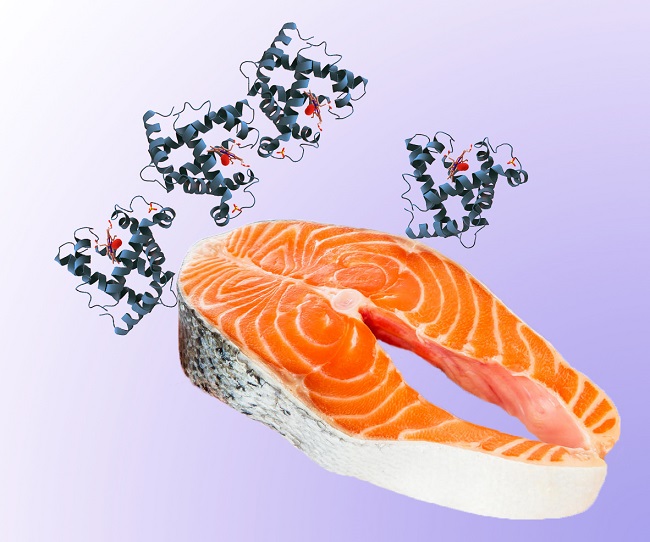The Hippocratic Oath, supposedly sworn to by all physicians when they graduate, is well known to contain the sentence “Thou shalt do no harm”. In spite of this, the “Table of iatrogenic deaths in the United States” (deaths induced inadvertently by a physician or surgeon or by medical treatment or diagnostic procedure) lists 106,000 cases of adverse drug reactions, 98,000 cases of medical error and 37,000 cases of unnecessary procedures. Neither is this the complete table. I came across a September 2018 issue of “Life Extension” that discussed the use of preventive nutrition as an emerging medical methodology. Perhaps the most arresting statement made in this issue concerned the fact that about 250,000 Americans die from sepsis each year and that a recent study has shown that intravenous treatment with vitamin C, hydrocortisone and vitamin B1 reduces sepsis mortality by 87%. A statement like that should make headlines but it is very likely that it will be confined to a few physicians by association, at least for some time. A December 2018 issue of the magazine “Discover” claimed that Alzheimer’s disease is under attack and describes “lifestyle plans that improve brain health”. Our new book, “Thiamine Deficiency Disease, Dysautonomia and High Calorie Malnutrition” presents many case records of patients with symptoms that haunt thousands of doctor offices in the United States. The early recognition of these common symptoms as evidence of nutritional deficiency may well be a key factor in the prevention of much more serious disease.
Perhaps a short case history may help the reader of this website to be aware of the rising importance of a relatively new branch of medicine known as “Alternative Complementary”, sometimes as “Integrative”. The use of these terms indicates that the development of scientific medicine has come a long way, but that it needs an extension. The best developments are in surgery, but the removal of a sick organ as a therapeutic measure surely must be an indication of medical failure. When I was in practice, I was a member of a group of physicians whose medical fraternity was known as the “American College for Advancement in Medicine” (ACAM). Like all innovations, it has had to struggle for survival. Another group of like-minded physicians is known as the “International College of Integrative Medicine” (ICIM). There is no doubt that this branch of medicine is growing. However, in my association with friends, the idea of using nutrients in the treatment of disease is completely foreign to them. They are understandably baffled by telling them that dizziness, heart palpitations, and even fainting attacks could often be relieved by taking a simple vitamin supplement.
Nutrients, Energy, and Health
I will tell the story of an eight-year-old girl who had a lifelong history of extremely severe asthma. She was so allergic that she could not use any form of mattress and in fact she had been sleeping on a plastic lawn chair for years because of this. When I performed a clinical examination, I noticed that her body was covered with “goose bumps”. A reader may or may not be conversant with this phenomenon and it is likely that few would have any knowledge of why this occurs.
To give you an idea of the treatment that I chose, I must provide a simple explanation. At one time, the human body was covered with hair and if an individual was confronted with a dangerous situation he would get a well-known reflex known as the “fight-or-flight”. Each hair grew out of a tiny cavity in the skin known as a hair follicle and a tiny muscle known as erector pili (Latin for hair raiser) would be activated by this reflex, raising each hair to an erect position. It was thought that this mechanism in primitive hominins, (forerunners of the human race) by raising all the body hairs, would make the individual look much more aggressive in the confrontation. Well, most people have very little hair on the body but we have retained both the follicles and the erector pili muscles. “Goose bumps” are caused by follicles standing up on the surface of the skin as a result of the muscle contraction, even without the presence of a hair growing from the follicle. Some people will remember that a frightening situation may be associated with a feeling of hair rising on the back of the neck, another marker of this primitive reflex. Therefore, this child’s asthma was associated with at least part of the fight-or-flight reflex, known to be activated by the nervous system known as autonomic (automatic).
Because of my knowledge concerning nutrients and their reactions, I knew that thiamine deficiency would not only activate this reflex unnecessarily, but that it could produce an imbalance in the autonomic system that could result in bronchial constriction. Since giving a water-soluble vitamin like thiamine in a large dose could do no harm, I thought that it was worth trying. She began 150 mg/day of thiamine hydrochloride, readily available at a health food store. During the next five months she experienced only two mild attacks of asthma and her body weight had increased by 6.4 Kg. When I examined her chest, there was no evidence of wheezing. This remarkable increase in weight was probably because her energy metabolism had accelerated as a result of the introduction of an important factor in its production. She had grown to the normal body weight that she would have had if she had not had energy deficiency. You can perceive that the diversity of clinical expression was explicable from the single entity of thiamin deficiency, not several distinct diseases with separate causes.
The Practice of Medicine
Several factors enter into discussing a treatment that was not only completely safe, but derived from medical school training. It required knowledge concerning energy production and the effect of malnutrition in the nervous control of the body organs. It depended on a simple clinical observation and knowledge of its underlying mechanism.
The “practice” of medicine must surely indicate that the physician’s knowledge is expected to grow with clinical observation and experience. Since the body is a biochemical machine that relies on appropriate fuel for healthy and normal function, knowledge of nutrition is an essential element that has been sorely neglected in the modern world. Physicians have to understand how nutrition is turned into energy and then used for function. The present practice of medicine for the primary physician is almost confined to listening to the pharmaceutical industry in the production of the latest drug. The time allowed for each patient is restricted and it is no wonder that physicians are becoming disenchanted, often retiring earlier than usual. Surely we should be trying to follow the example set by “the father of modern medicine” in 400 BCE.
We Need Your Help
More people than ever are reading Hormones Matter, a testament to the need for independent voices in health and medicine. We are not funded and accept limited advertising. Unlike many health sites, we don’t force you to purchase a subscription. We believe health information should be open to all. If you read Hormones Matter, like it, please help support it. Contribute now.













In the last century, the ‘Primum non nocere’ (First, to do no harm) principle was quietly killed and buried and replaced with patient legal consent, which is, ethically speaking, a total cop-out.
Here’s a good article on the subject:
Historical Transition in Medical Ethics — Challenges of the World Medical Association
https://www.med.or.jp/english/journal/pdf/2013_04/220_226.pdf
Very apt; thank you